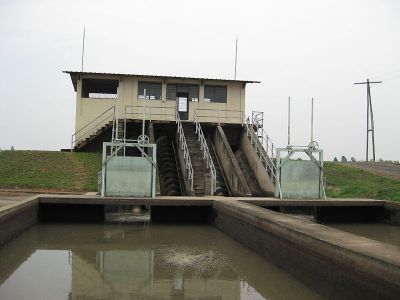Turning waste and pollutants into fuel

Sewage treatment plant, fot. Autor SuSanA Secretariat [CC BY 2.0
Researchers are working on bioreactor systems that can remove recalcitrant pollutants from water, converting it into biomass for biodiesel production.
Pharmaceuticals and personal care products (PPCPs) are common
environmental pollutants that are particularly difficult to clean from
wastewater. There is a need for more advanced remediation systems that
can clean PPCPs from urban waste streams.
The EU-funded BIOAOPBDIES project aimed to build biological reactor
systems that could remove PPCPs from waste water, as well as use these
waste products as a precursor for biodiesel production. This project
relied heavily on chemical processes coupled with biological organisms.
Researchers investigated two biological systems to degrade PPCPs: a
microbial ecosystem from a wastewater treatment plant, and a
commercially available combination of fungi. They also tested two
different types of bioreactor to optimise the elimination of PPCPs.
Another aspect of the project looked at whether the degraded PPCPs
could be useful for biodiesel production. Researchers optimised the
production of methyl ester (a key precursor of biodiesel) from leftover
microbial cultures, leftover fungal biomass and wastewater treatment
plant sludge.
By the end of the project, BIOAOPBDIES proposed a novel system that
could eliminate PPCPs and provide materials for biodiesel production.
This system holds promise for reducing environmental pollution and
fossil fuel reliance.
published: 2015-02-25